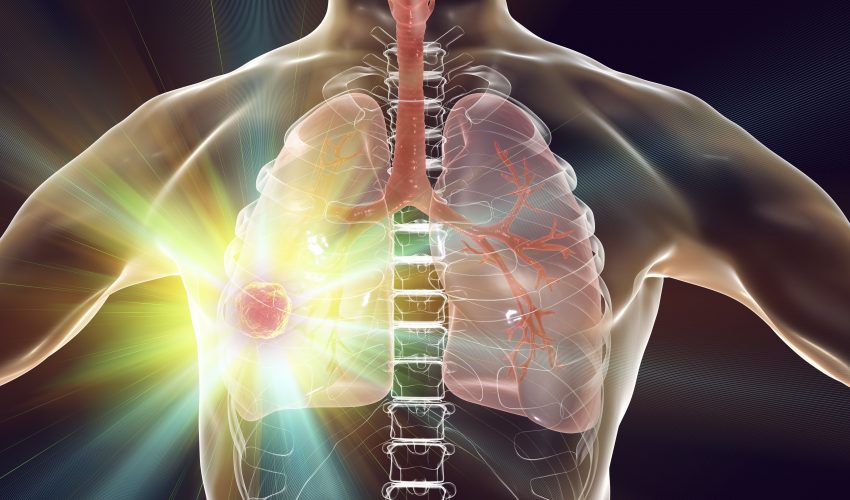Post Views: 3,271
ViewsPros and Cons of Getting a Master’s Degree in Nursing
Whether you are a nursing student, a licensed nursing professional, or a Registered Nurse, you might be looking at what steps you should take to advance your career. For a number of advanced nursing positions, one of the main requirements is a Master’s Degree in Nursing (MSN).
Like other graduate programs, an MSN requires a lot of time, money, and effort, so it’s important to make sure that you know what you’re getting into before you take this step.
Before deciding if an MSN is right for you, you have to consider the pros and cons of obtaining one. While the benefits might outweigh the drawbacks, you might decide that an MSN is something you want to revisit later on, or that you might not be able to balance this degree at the moment.
How do you get your Master’s Degree in Nursing (MSN)?
Like other master’s degree programs, an MSN can take approximately two years to complete (if you are taking these courses). However, unlike other programs, you can take a few different routes toward earning your degree.
Obviously, the standard way is to go for your master’s after you have completed a bachelor’s degree program in nursing (BSN). Another way, however, is to go through an RN-to-MSN program, which helps nurses without a BSN to pursue their master’s. An RN-to-MSN will take a bit longer and it would probably be more intensive because of the amount of material it covers.
Many of these programs cover general topics like anatomy and pharmacology, but there will be other coursework on various specialisations. Another requirement is the completion of a number clinical rotation hours.
When considering an MSN program, you should also make sure that the program satisfies the requirements for your licensing exams.
Pros of getting an MSN
Here are some of the biggest reasons to go forward with an MSN.
1. An MSN brings new opportunities
This is a given. There are plenty of prestigious hospitals and organizations that’ll prefer hiring candidates with an MSN. And also, certain nursing specializations require a master’s degree.
If you are considering a job in informatics, management, or as nurse practitioner, you should consider getting an MSN.
Here are some nursing roles that require an MSN:
- Clinical Nurse Specialist
- Certified Nurse Midwife
- Neonatal Nurse Practitioner
- Nurse Anesthetist
- Psychiatric Nurse Practitioner
2. With an MSN, you might have a higher salary
Nurses with an advanced degree and certification also have significantly higher salaries than your average RN. According to the U.S. Bureau of Labor Statistics (BLS), the average salary for a nurse practitioner is $110,030 per year.
3. You’ll learn more about a specific area of nursing
Some advanced nursing roles require a specific skill set than what you might have been exposed to as an RN or BSN. If you want to work in a specific area of nursing, like as a forensic nurse or nurse anesthetist, then you might need an MSN. MSN programs may allow you to specialize in courses that’ll go more depth in areas you’re interested in, and give you the knowledge you need to become experts.
Cons of getting an MSN
As we said before, MSN programs require a lot of time, effort, and money in order to complete your degree. As with every major decision, there are some drawbacks that you need to consider.
1. Cost of an MSN
Yes, MSNs are expensive, along with every other advanced degree. It’s a big investment, and while there may be opportunities for these degrees to pay off, you still need to come up with the money for tuition, which may require borrowing loans. According to US News & World Report, an online master’s in nursing can cost from $35,000 to over $60,000 in tuition and fees.
2. Coursework and clinical hours take a lot of time
Many students considering an MSN have a family and a job already. If you decide to take on your degree, you need to understand that a considerable amount of your time will be dedicated to your coursework and clinical requirements. In order to complete your program, you need to balance your responsibilities and make sure that you have a strong support system behind you.
3. These programs have high competition
Of course, these programs are highly competitive and often hard to get into. You might even need a GPA of 3.0 or higher to even be considered. There are a large number of students interested in the same programs as you, so you have to keep that in mind when applying.
Is an MSN for me?
If you want to earn more, further your career, or specialize in a specific nursing role, an MSN is certainly your best option. But this doesn’t mean you need on right away.
It’s okay to wait until you’re in a good place financially or have more time to concentrate on an MSN program. Going for your MSN is a major decision that’ll often change your life, so you need to consider the pros and cons before deciding if it’s the right move for you.
Do you already have your MSN? Comment below about your experience and with any tips you have for prospective students.
References:
2 comments on Pros and Cons of Getting a Master’s Degree in Nursing
Leave a Reply
Pros and Cons of Getting a Master’s Degree in Nursing
By nurseadvisorofficial
Whether you are a nursing student, a licensed nursing professional, or a Registered Nurse, you might be looking at what steps you should take to advance your career. For a number of advanced nursing positions, one of the main requirements is a Master’s Degree in Nursing (MSN).














Thanks for helping me understand the benefits of having a master’s degree in nursing. I’ve been thinking of pursuing my degree in nursing even further because I’ve always wanted to help the sick since I was a kid. What you said about how it gives all new opportunities and chances to work in prestigious hospitals pretty much nailed it for me.
Reading about the pros and cons of getting a master’s degree in nursing is so helpful. Thanks for sharing.